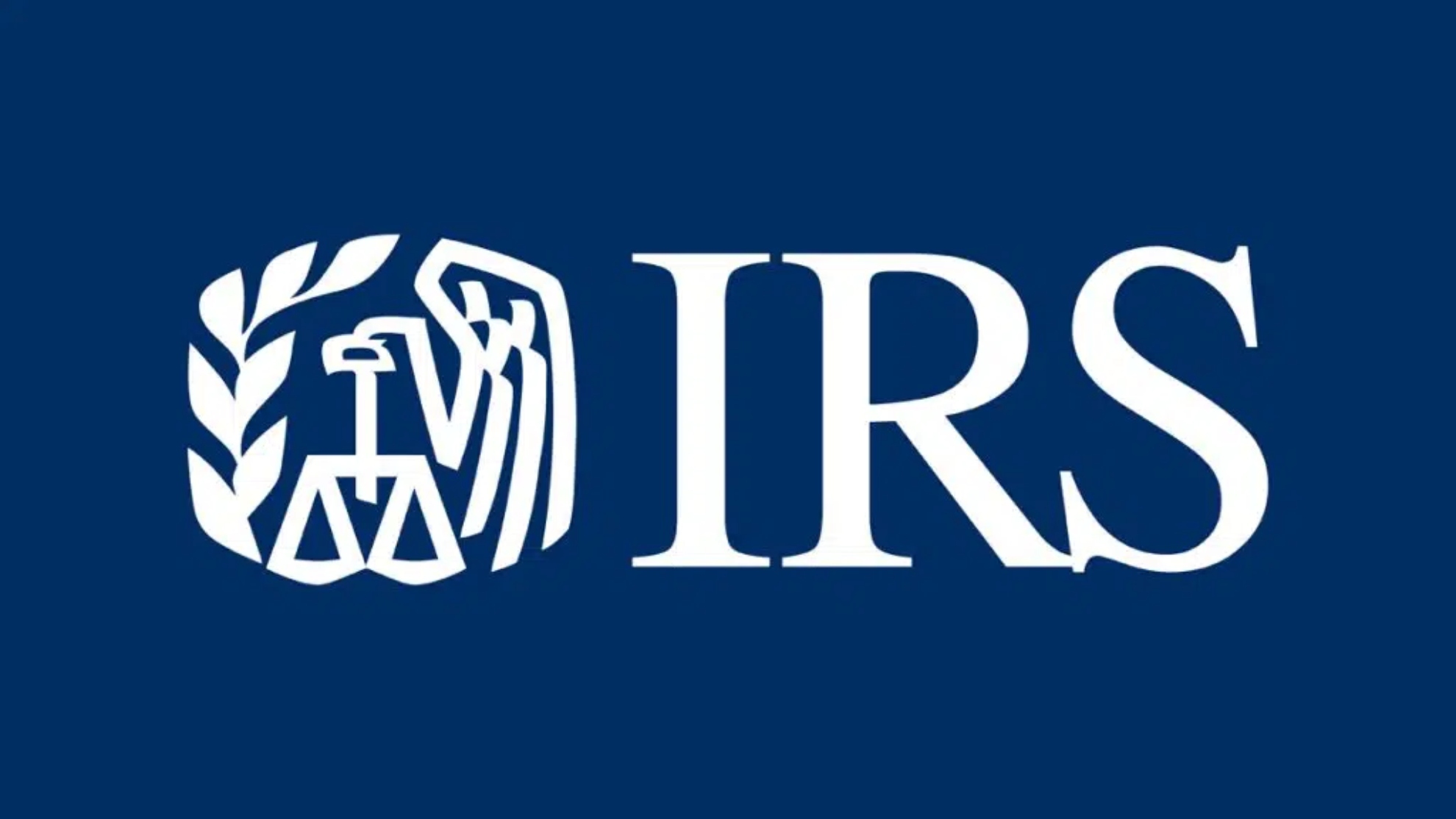The US Treasury Inspector General for Tax Administration (TIGTA) issued a partially redacted report on 26 August 2024, highlighting the challenges the US Internal Revenue Service (IRS) encounters in tackling tax avoidance strategies deployed by large multinational corporations.
The report primarily focuses on the IRS’s efforts to invoke the Economic Substance Doctrine concerning a specific foreign trust structure that these corporations may exploit to minimise or evade taxation in the US.
TIGTA’s review also highlighted concerns about large multinational corporations’ direct contact with IRS executives, their suitability for the IRS’s Compliance Assurance Process (CAP) program, and limited communication between revenue agents and Appeals.
Background
Large corporations that are centrally controlled by a parent company and conduct worldwide activities are considered multinational enterprises (hereafter referred to as large multinational corporations). The Internal Revenue Service’s (IRS) Large Business and International (LB&I) Division oversees the compliance activities involving these large multinational corporations. The LB&I Division’s compliance activities include examinations that involve highly complex tax issues.
The IRS acknowledges the challenge it has and will continue to have to address noncompliance relating to large multinational corporations. For example, in the IRS’s Inflation Reduction Act (IRA) Strategic Operating Plan published on April 5, 2023, one of the IRS’s strategic objectives is to focus expanded enforcement on taxpayers with complex tax filings and high-dollar noncompliance to address the Tax Gap.
The IRS notes in its plan that the rising breadth and complexity of tax administration, coupled with the sophisticated ways that some taxpayers attempt to evade tax, have outpaced the IRS’s resources and ability to monitor compliance and close the gap between taxes owed and collected.
The IRS uses a multi-pronged approach to identify large multinational corporations for examination which can include both pre-and post-filing compliance programs, e.g., Large Corporate Compliance; Compliance Assurance Process (CAP); focused campaigns; receipt of whistleblower claims; and referrals from other IRS functional areas. Due to their complexity, the IRS’s examination of large multinational corporations frequently involves LB&I executives, senior revenue agents, specialists, and IRS Counsel.
Concerns raised by an IRS employee
An IRS employee raised concerns about IRS management’s ability to effectively address large multinational corporations’ use of a potentially abusive foreign tax structure. This employee questioned the IRS’s efforts to raise the Economic Substance Doctrine argument relating to a specific foreign trust structure that large multinational corporations can use to reduce or avoid US taxation.
This doctrine which evolved judicially and is now codified in Internal Revenue Code (I.R.C.) § 7701(o) generally disregards a tax benefit (such as the tax-exempt nature of a transaction) if the only purpose of the transaction was for tax benefits. The employee also cited concerns of undue influence on IRS policies and procedures facilitated by the revolving door and influence the largest law and accounting firms have on the IRS. Failure to consider the Economic Substance Doctrine could be one type of preferential treatment if management purposefully avoids its application due to influence from external parties e.g., tax professionals representing large multinational corporations.
This employee provided us with a list of 23 large multinational corporations that were alleged to use a foreign trust structure that had no substantial business purpose other than to avoid US taxation. Although TIGTA used this list to ask specific questions of IRS management and to identify examination teams to meet with, they did not assess whether any of these 23 large multinational corporations engaged in potentially abusive tax planning. Rather TIGTA evaluated the processes, procedures, and enforcement tools the IRS has in place to address such structures and their associated transactions.
Results of the Review
TIGTA evaluated the IRS’s consideration of the Economic Substance Doctrine argument during its examinations of 23 large multinational corporations. Of specific concern was how the IRS addressed the alleged use of a potentially abusive foreign trust structure to reduce or avoid paying US taxes in examinations of large multinational corporations. TIGTA found that while the IRS did not specifically address the economic substance of the foreign trust structure for the 23 large multinational corporations alleged to have used this structure, in some instances the IRS pursued the issue in the area of transfer pricing.
During the review, TIGTA met with examination teams, specialists, Counsel, and IRS management to discuss the policies and procedures the IRS has in place to address tax compliance of large multinational corporations. During these interviews, IRS employees raised specific concerns regarding policies and procedures involving large corporate tax administration.
The concerns included individuals’ perceptions that some policies and procedures were favourable to large corporations, such as a strict approval process required for the application of the Economic Substance Doctrine. TIGTA’s review did not identify instances of preferential treatment provided to large multinational corporations. However, the concerns shared by and perceptions of the employees they interviewed need to be considered by management when administering IRS programs, including when implementing policies and procedures.
Finally, the IRS Commissioner recently acknowledged that the IRS “will focus IRA enforcement resources on hiring the accountants, attorneys, and data scientists needed to pursue high-income and high-wealth individuals, complex partnerships, and large corporations that are not paying the taxes they owe.” However, the IRS must overcome challenges to its hiring processes to accomplish its enforcement hiring objectives.















